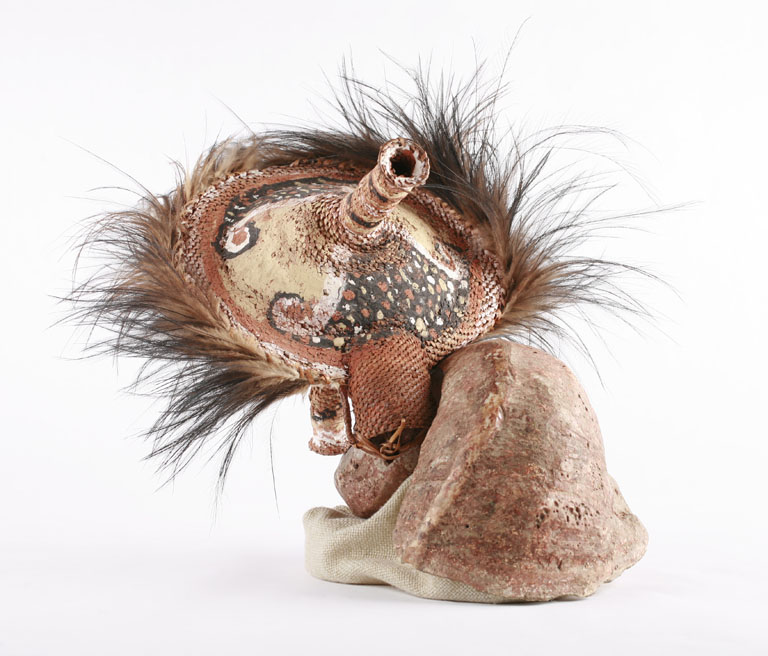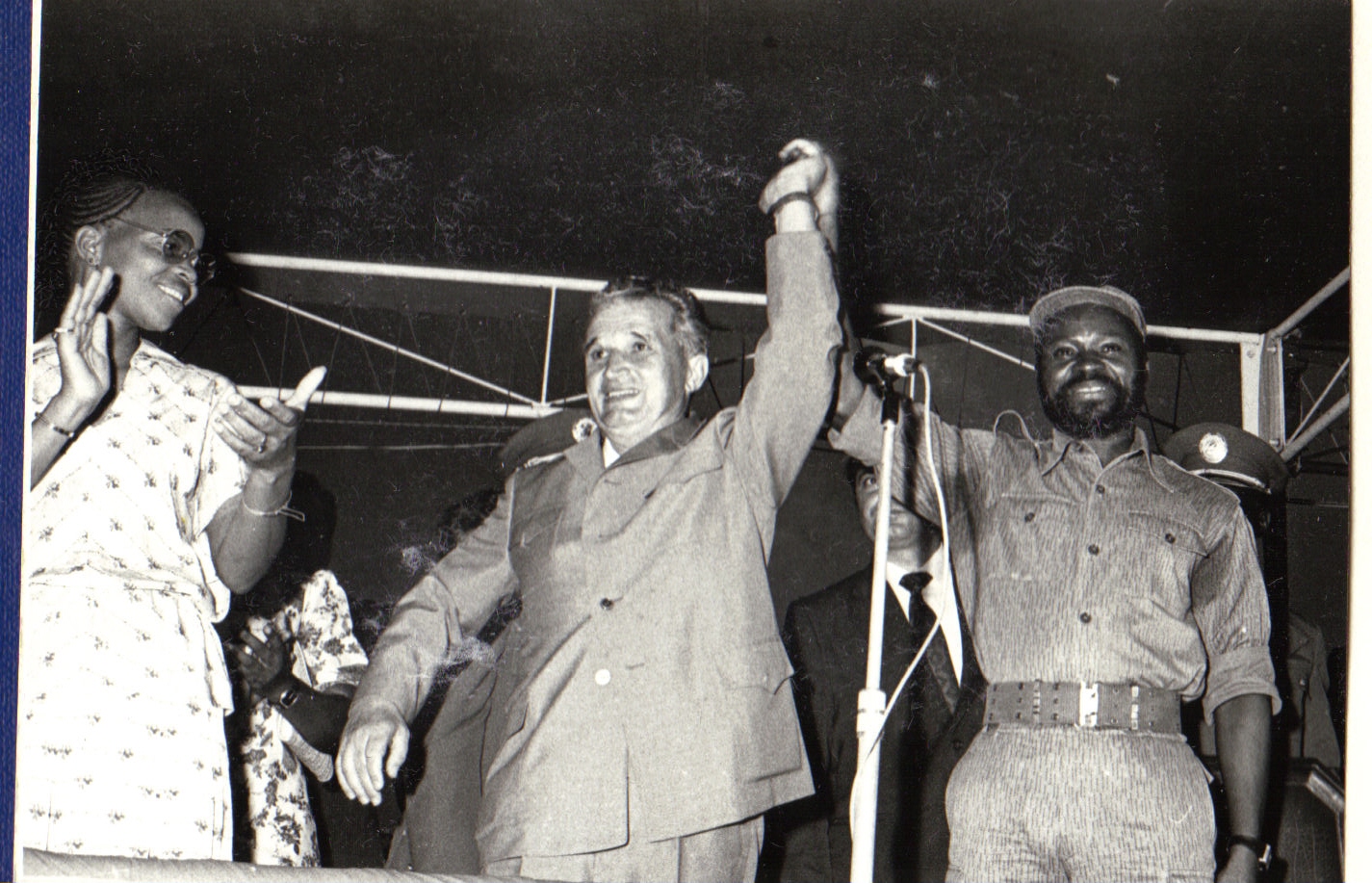|
Lobola
Lobolo or lobola in Zulu, Swazi, Xhosa, Silozi, Shona and northern and southern Ndebele (''mahadi'' in Sesotho, ''magadi'' in Setswana, ''lovola'' in Xitsonga), and ''mamalo'' in Tshivenda language, sometimes referred to as "bride wealth" or "bride price" is property in livestock or kind, which a prospective husband, or head of his family, undertakes to give to the head of a prospective wife's family in gratitude of letting the husband marry their daughter. Lobolo and the Law In South Africa, where the custom of lobolo is widely practiced, the union was previously concluded in terms of customary law, but is now governed under the Recognition of Customary Marriages, 1998 (Act 120 of 1998) (RCMA) and has the following prerequisites in order for a marriage to qualify under customary law: * Consensus – Historically, consensus was sought between the families of the prospective bride and groom. Since 2008, the RCMA states that consensus is required only between the individu ... [...More Info...] [...Related Items...] OR: [Wikipedia] [Google] [Baidu] |
Bride Price
Bride price, bride-dowry (Mahr in Islam), bride-wealth, or bride token, is money, property, or other form of wealth paid by a groom or his family to the woman or the family of the woman he will be married to or is just about to marry. Bride dowry is equivalent to dowry paid to the groom in some cultures, or used by the bride to help establish the new household, and dower, which is property settled on the bride herself by the groom at the time of marriage. Some cultures may practice both simultaneously. Many cultures practiced bride dowry prior to existing records. The tradition of giving bride dowry is practised in many Asian countries, the Middle East, parts of Africa and in some Pacific Island societies, notably those in Melanesia. The amount changing hands may range from a token to continue the traditional ritual, to many thousands of US dollars in some marriages in Thailand, and as much as a $100,000 in exceptionally large bride dowry in parts of Papua New Guinea where br ... [...More Info...] [...Related Items...] OR: [Wikipedia] [Google] [Baidu] |
Zulu Language
Zulu (), or isiZulu as an endonym, is a Southern Bantu language of the Nguni branch spoken in Southern Africa. It is the language of the Zulu people, with about 12 million native speakers, who primarily inhabit the province of KwaZulu-Natal of South Africa. Zulu is the most widely spoken home language in South Africa (24% of the population), and it is understood by over 50% of its population. It became one of South Africa's 11 official languages in 1994. According to Ethnologue, it is the second-most-widely spoken of the Bantu languages, after Swahili. Like many other Bantu languages, it is written with the Latin alphabet. In South African English, the language is often referred to in its native form, ''isiZulu''. Geographical distribution Zulu migrant populations have taken it to adjacent regions, especially Zimbabwe, where the Northern Ndebele language ( isiNdebele) is closely related to Zulu. Xhosa, the predominant language in the Eastern Cape, is often considered ... [...More Info...] [...Related Items...] OR: [Wikipedia] [Google] [Baidu] |
Prohibited Degree Of Kinship
In law, a prohibited degree of kinship refers to a degree of consanguinity (blood relatedness) and sometimes affinity (relation by marriage or sexual relationship) between persons that results in certain actions between them being illegal. Two major examples of prohibited degrees are found in incest and nepotism. Incest refers to sexual relations and marriage between closely related individuals; nepotism is the preference of blood-relations in the distribution of a rank or office. An incest taboo against sexual relations between parent and child or two full-blooded siblings is a cultural universal. Taboos against sexual relations between individuals of other close degrees of relationship vary, but stigmatization of unions with full siblings and with direct descendants are widespread. Marital prohibitions China (Mainland)Civil Code of the People’s Republic of ChinaArticle 1048 stipulated that persons who are lineal relatives by blood, or collateral relatives by blood up to the ... [...More Info...] [...Related Items...] OR: [Wikipedia] [Google] [Baidu] |
Xhosa Culture
Xhosa may refer to: * Xhosa people, a nation, and ethnic group, who live in south-central and southeasterly region of South Africa * Xhosa language, one of the 11 official languages of South Africa, principally spoken by the Xhosa people See also * * Khosa (other) * Kosa (other) Kosa may refer to: Places * Kosa, Azerbaijan * Kosa, Croatia, a village in Croatia * Kōsa, Kumamoto, a town in Japan * Kosa, Russia, several places with the name in Russia * , a village in Bolhrad Raion, Ukraine People * Kosa (surname) * Kōs ... {{disambiguation Language and nationality disambiguation pages ... [...More Info...] [...Related Items...] OR: [Wikipedia] [Google] [Baidu] |
Umtsimba
A traditional Swazi people, Swazi wedding ceremony is called umtsimba (), where the bride commits herself to her new family for the rest of her life.[Swazi national trust commission. Cultural resources: Swazi culture. Available at: http://www.sntc.org.sz/cultural/culture.asp Accessed: 10 May 2015. ][Van Schalkwyk, Adelle. 2006. The indigenous law of contract with particular reference to the Swazi in the Kingdom of Swaziland. PhD Thesis. UNISA (University of South Africa), South Africa.] The ceremony is a celebration that includes members of both the bride's - and the groom's - natal village. There are stages to the wedding that stretch over a few days. Each stage is significant, comprising symbolic gestures that have been passed on from generation to generation. The first stage is the preparation of the bridal party before leaving their village. The second stage is the actual journey of the bridal party from their village to the groom's village. The third stage is the first day of the ... [...More Info...] [...Related Items...] OR: [Wikipedia] [Google] [Baidu] |
Opportunity Cost
In microeconomic theory, the opportunity cost of a particular activity is the value or benefit given up by engaging in that activity, relative to engaging in an alternative activity. More effective it means if you chose one activity (for example, an investment) you are giving up the opportunity to do a different option. The optimal activity is the one that, net of its opportunity cost, provides the greater return compared to any other activities, net of their opportunity costs. For example, if you buy a car and use it exclusively to transport yourself, you cannot rent it out, whereas if you rent it out you cannot use it to transport yourself. If your cost of transporting yourself without the car is more than what you get for renting out the car, the optimal choice is to use the car yourself. In basic equation form, opportunity cost can be defined as: "Opportunity Cost = (returns on best Forgone Option) - (returns on Chosen Option)." The opportunity cost of mowing one’s own la ... [...More Info...] [...Related Items...] OR: [Wikipedia] [Google] [Baidu] |
Graça Machel
Graça Machel (; née Simbine; , born 17 October 1945) is a Mozambican politician and humanitarian. She is the widow of former President of Mozambique Samora Machel (1975–1986) and former President of South Africa Nelson Mandela (1998–2013). Machel is an international advocate for women's and children's rights and was made an honorary British Dame by Queen Elizabeth II in 1997 for her humanitarian work. She is the only woman in modern history to have served as First Lady of two countries, South Africa and Mozambique. Graça Machel is a member of the Africa Progress Panel (APP), a group of ten distinguished individuals who advocate at the highest levels for equitable and sustainable development in Africa. As a panel member she facilitates coalition building to leverage and broker knowledge, and convenes decision-makers to influence policy for lasting change in Africa. She was chancellor of the University of Cape Town between 1999 and 2019. Early life and education ... [...More Info...] [...Related Items...] OR: [Wikipedia] [Google] [Baidu] |
Nelson Mandela
Nelson Rolihlahla Mandela (; ; 18 July 1918 – 5 December 2013) was a South African Internal resistance to apartheid, anti-apartheid activist who served as the President of South Africa, first president of South Africa from 1994 to 1999. He was the country's first black head of state and the first elected in a Universal suffrage, fully representative democratic election. Presidency of Nelson Mandela, His government focused on dismantling the legacy of apartheid by fostering racial Conflict resolution, reconciliation. Ideologically an African nationalist and African socialism, socialist, he served as the president of the African National Congress (ANC) party from 1991 to 1997. A Xhosa people, Xhosa, Mandela was born into the Thembu people, Thembu royal family in Mvezo, Union of South Africa. He studied law at the University of Fort Hare and the University of Witwatersrand before working as a lawyer in Johannesburg. There he became involved in anti-colonial and African ... [...More Info...] [...Related Items...] OR: [Wikipedia] [Google] [Baidu] |
Sotho Language
Sotho () or Sesotho () or Southern Sotho is a Southern Bantu language of the Sotho–Tswana ("S.30") group, spoken primarily by the Basotho in Lesotho, where it is the national and official language; South Africa (particularly the Free State), where it is one of the 11 official languages; and in Zimbabwe where it is one of 16 official languages. Like all Bantu languages, Sesotho is an agglutinative language, which uses numerous affixes and derivational and inflexional rules to build complete words. Classification Sotho is a Southern Bantu language, belonging to the Niger–Congo language family within the Sotho-Tswana branch of Zone S (S.30). Although Southern Sotho shares the name ''Sotho'' with Northern Sotho, the two groups have less in common with each other than they have with Setswana. "Sotho" is also the name given to the entire Sotho-Tswana group, in which case Sesotho proper is called "Southern Sotho". Within the Sotho-Tswana group, Southern Sotho is most ... [...More Info...] [...Related Items...] OR: [Wikipedia] [Google] [Baidu] |
Brandy
Brandy is a liquor produced by distilling wine. Brandy generally contains 35–60% alcohol by volume (70–120 US proof) and is typically consumed as an after-dinner digestif. Some brandies are aged in wooden casks. Others are coloured with caramel colouring to imitate the effect of aging, and some are produced using a combination of both aging and colouring. Varieties of wine brandy can be found across the winemaking world. Among the most renowned are Cognac and Armagnac from southwestern France. In a broader sense, the term ''brandy'' also denotes liquors obtained from the distillation of pomace (yielding pomace brandy), or mash or wine of any other fruit (fruit brandy). These products are also called ''eau de vie'' (which translates to "water of life"). History The origins of brandy are tied to the development of distillation. While the process was known in classical times, it was not used for significant beverage production until the 15th century. In the early 16th cen ... [...More Info...] [...Related Items...] OR: [Wikipedia] [Google] [Baidu] |
Landmark Cases
Landmark court decisions, in present-day common law legal systems, establish precedents that determine a significant new legal principle or concept, or otherwise substantially affect the interpretation of existing law. "Leading case" is commonly used in the United Kingdom and other Commonwealth jurisdictions instead of "landmark case", as used in the United States. In Commonwealth countries, a reported decision is said to be a ''leading decision'' when it has come to be generally regarded as settling the law of the question involved. In 1914, Canadian jurist Augustus Henry Frazer Lefroy said "a 'leading case' sone that settles the law upon some important point". A leading decision may settle the law in more than one way. It may do so by: * Distinguishing a new principle that refines a prior principle, thus departing from prior practice without violating the rule of ''stare decisis''; * Establishing a "test" (that is, a measurable standard that can be applied by courts in f ... [...More Info...] [...Related Items...] OR: [Wikipedia] [Google] [Baidu] |





